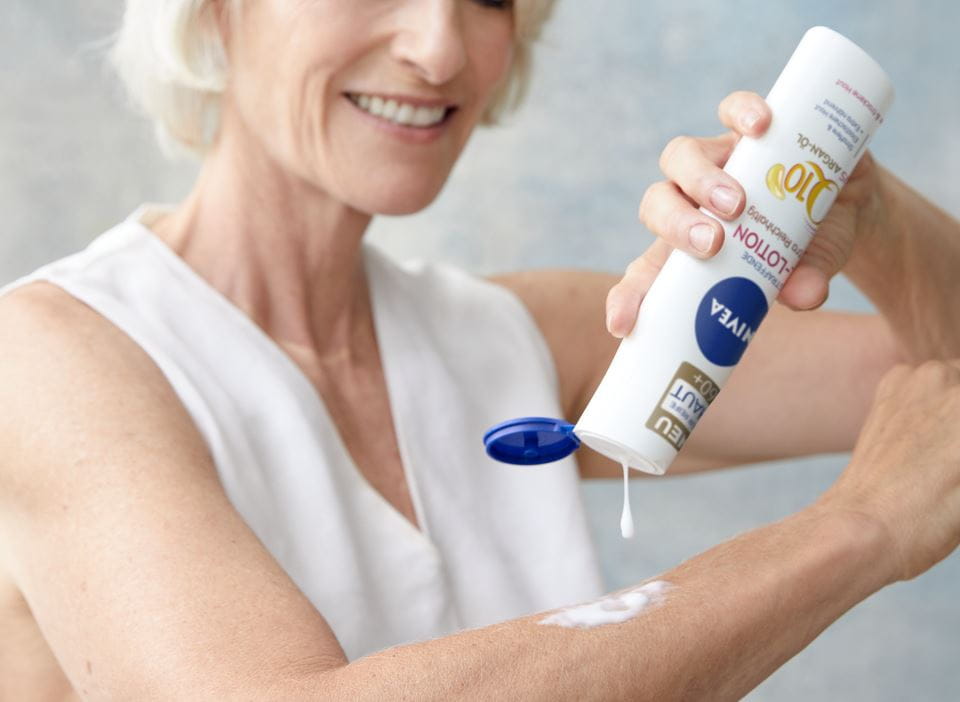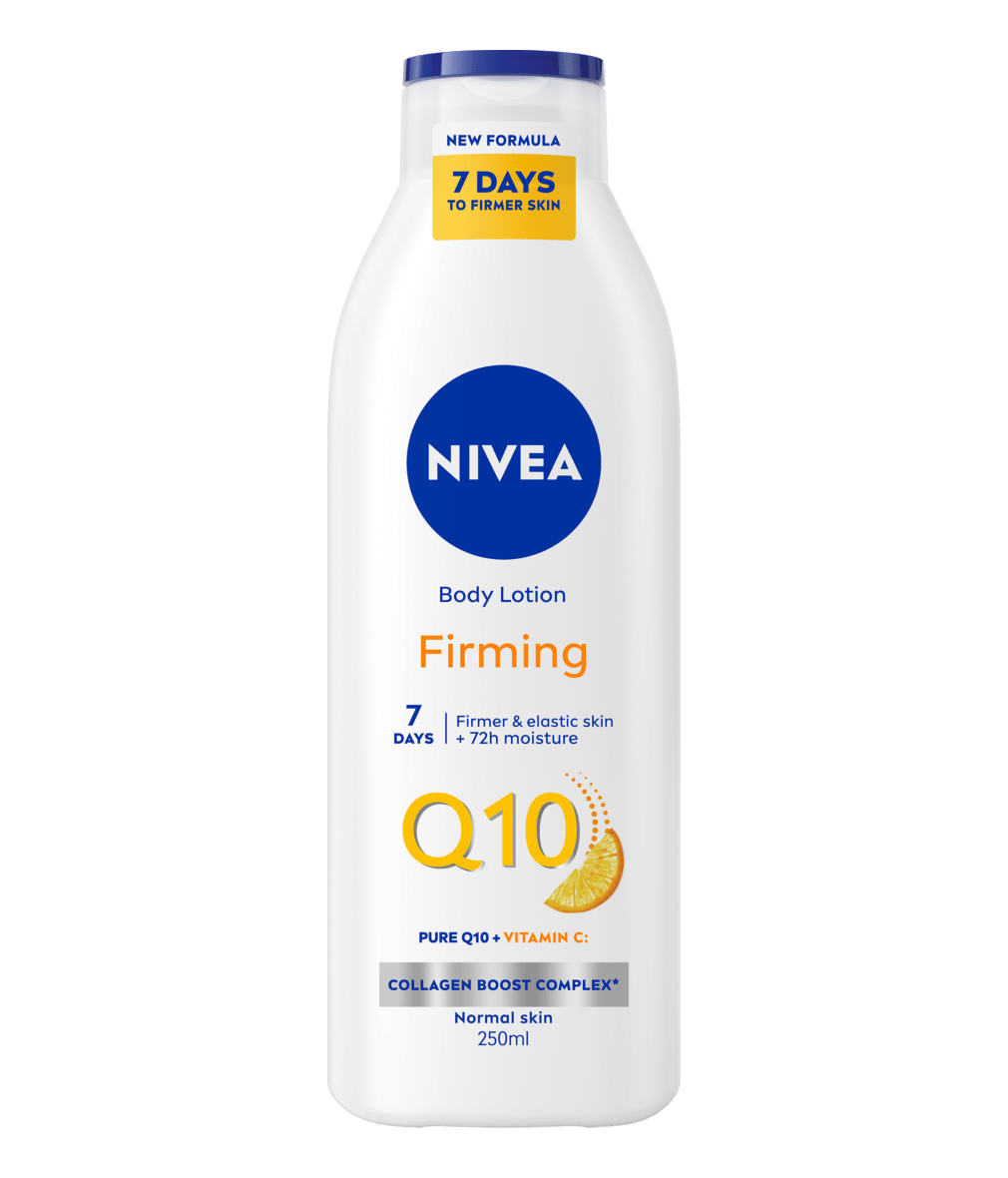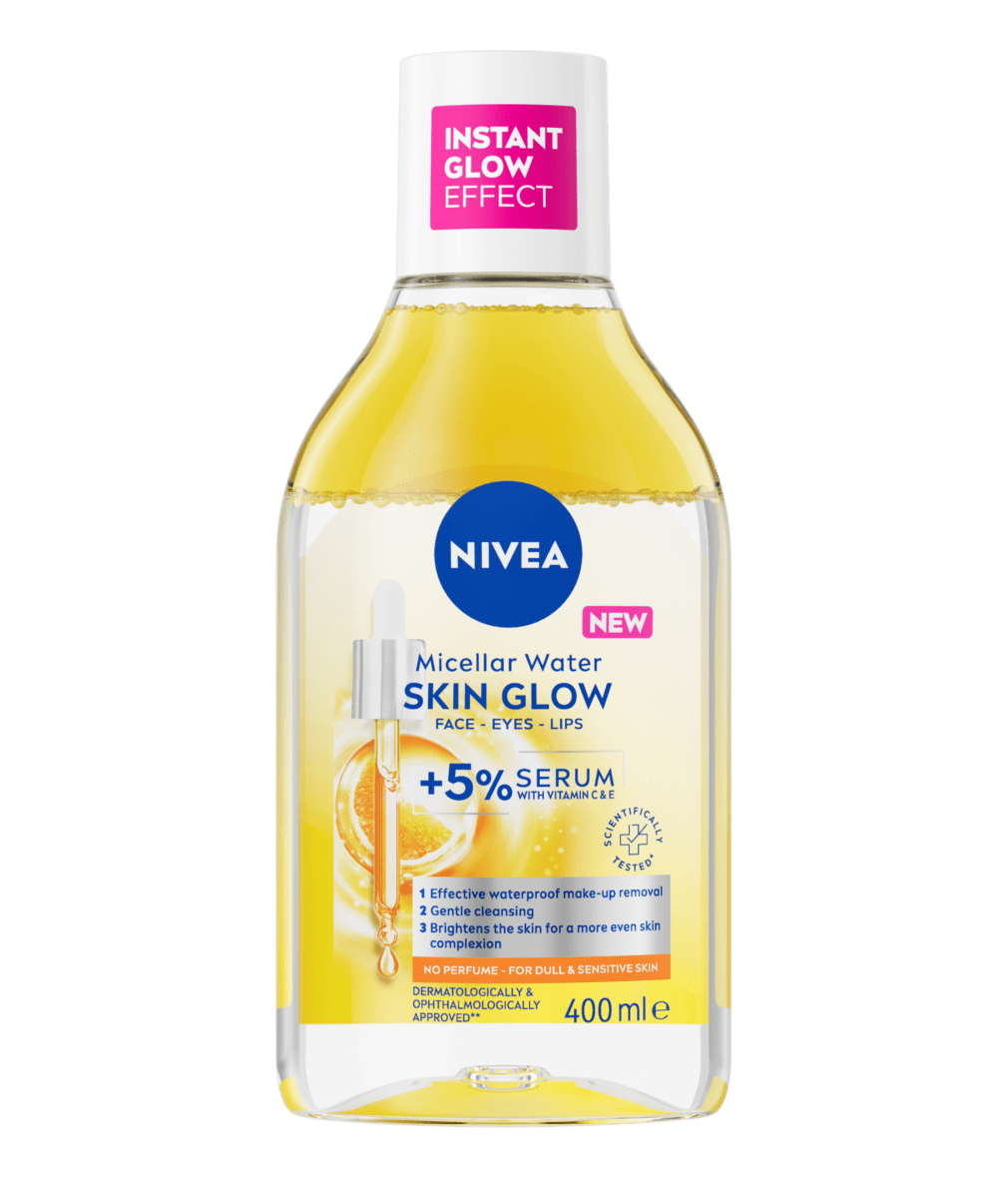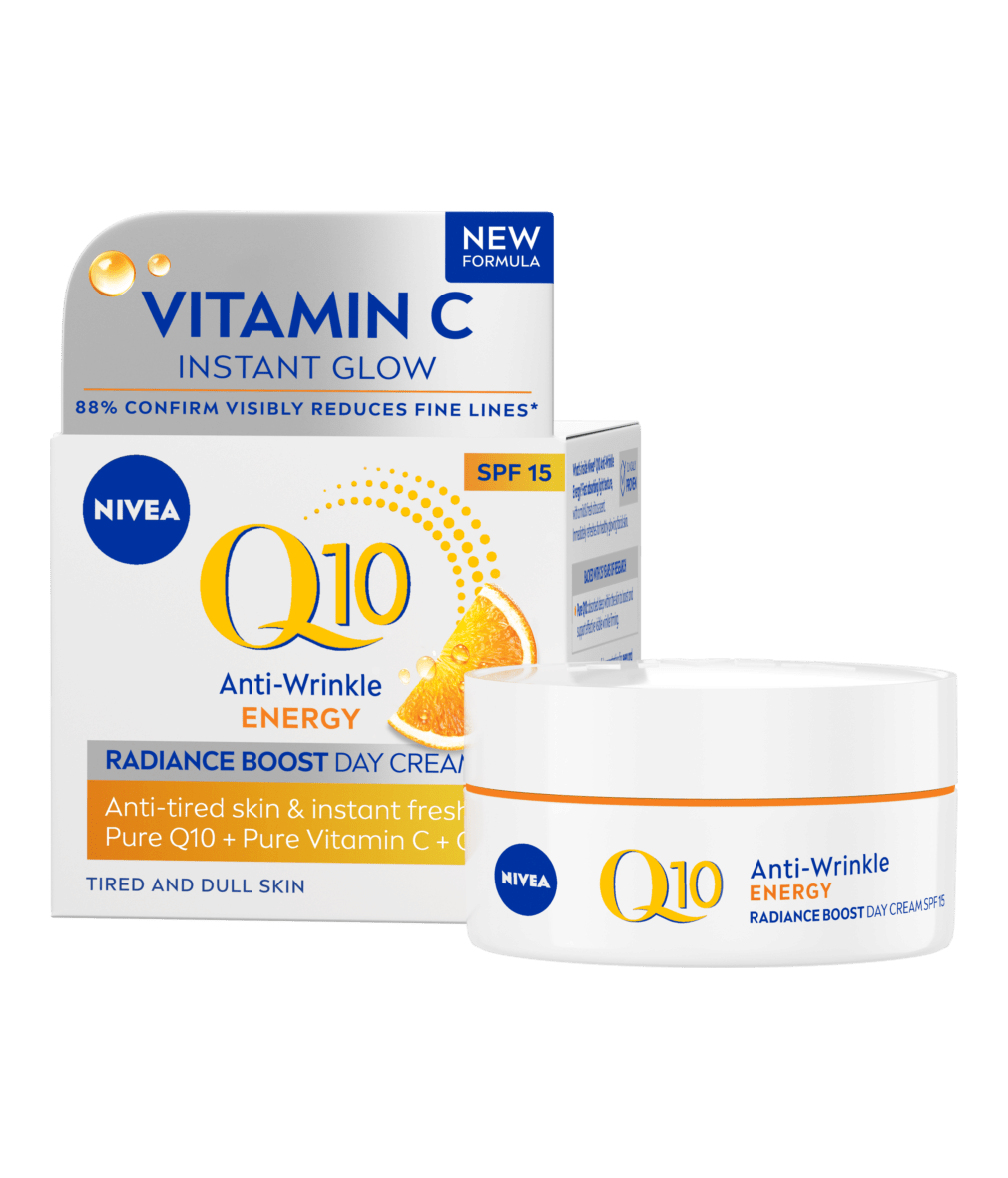
5 Benefits of Vitamin C for Skin
What does Vitamin C do for the skin? Discover 5 key benefits of Vitamin C for radiant, healthy-looking skin. Learn how this effective antioxidant can transform your skincare routine.
What is Vitamin C?
Vitamin C is a beneficial antioxidant in skincare, known for boosting Collagen production, fighting free radicals, brightening the complexion, and reducing signs of ageing. Commonly found in serums, moisturisers, and masks, it helps achieve a glowing, healthy look and protects the skin from environmental stressors.
What Does Vitamin C Do for Your Skin?
5 Vitamin C Benefits for Skin
Vitamin C has several potential benefits for the skin, depending on the product formula and how it is used. These may include improving skin tone, enhancing texture, and supporting overall skin health, in addition to its antioxidant properties.
Vitamin C for Different Skin Types
It is important to know the skin type when choosing Vitamin C products as different formulations cater to specific skin needs.
Vitamin C and other ingredients
Combining Vitamin C with other ingredients in skincare could enhance its benefits or address specific skin concerns effectively. Here are some common combinations:
Facts Overview
Vitamin C
NIVEA Skincare Routine with Vitamin C for Face
Created for those seeking a vibrant and youthful-looking complexion, this face care routine with Vitamin C is great for addressing dullness, fatigue, and signs of ageing. It utilises the antioxidant power of Vitamin C to enhance your skin’s radiance and protect against environmental stressors.
Vitamin C for the Body
NIVEA Q10 Firming and Energising Body Serum Lotion
Summary
Vitamin C enhances Collagen production, maintains the skin's firmness, and reduces wrinkles. Its antioxidant effects combat free radicals, protect against environmental stressors, and brighten the skin. What's more, in high concentrations, it can help to reduce brown spots and hyperpigmentation, helping to brighten the complexion. Suitable for different skin types, vitamin C supports skin repair, making it a versatile and essential skincare ingredient.









